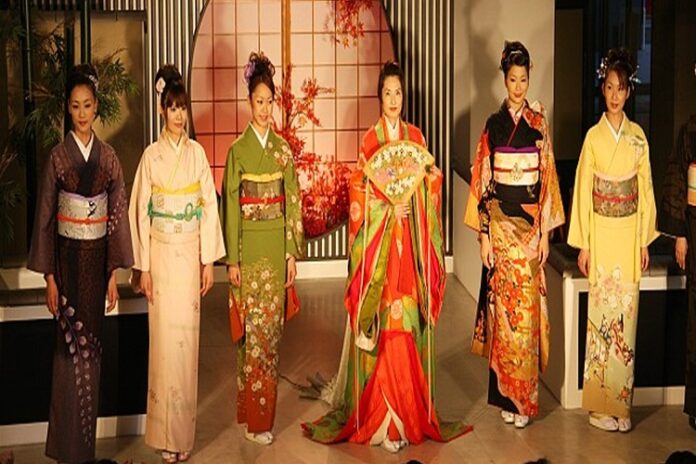Fashion has long been recognized as a powerful tool for self-expression, but its significance goes beyond mere aesthetics. Fashion plays a crucial role in shaping and preserving cultural identity. Cultural identity encompasses the shared beliefs, customs, traditions, and values that define a particular group of people, and fashion serves as a visible representation of these elements. By examining the latest trends and unique styles, we can gain a deeper understanding of how fashion influences and reflects cultural identity. At NovelStyleBlog.com, you may learn how cultural identities are shaped by fashion and investigate the tremendous impact that fashion has on our society.
One of the most fascinating aspects of fashion is its ability to bridge the gap between the past and the present. Traditional garments and accessories are often reimagined and incorporated into modern fashion, creating a fusion of historical and contemporary elements. This fusion not only pays homage to cultural heritage but also keeps it alive in the present day. For example, the popularity of ethnic prints and textiles in the fashion industry has allowed different cultures to showcase their unique patterns and craftsmanship on a global scale. By integrating these traditional elements into modern designs, fashion designers create a sense of cultural pride and identity.
Furthermore, fashion acts as a visual language through which individuals can communicate their cultural affiliations. Clothing choices can be deliberate statements of belonging to a particular cultural group or subculture. For instance, members of the African diaspora often wear clothing inspired by their African heritage, such as colorful wax print fabrics or traditional head wraps. By embracing these cultural symbols, individuals assert their identity and celebrate their roots.
Fashion also serves as a platform for cultural exchange and appreciation. With the increasing interconnectedness of the world, different cultures are constantly influencing and inspiring one another. Globalization has allowed fashion trends to transcend borders, enabling individuals to incorporate elements from diverse cultures into their style. This cross-pollination of ideas and aesthetics creates a rich tapestry of fashion that reflects the interconnectedness of our global society. Moreover, it fosters a sense of understanding and appreciation for different cultures, promoting inclusivity and diversity.
In recent years, there has been a growing movement towards sustainable and ethical fashion. This shift is not only driven by environmental concerns but also by a desire to support and preserve traditional craftsmanship and cultural practices. Many fashion brands are now collaborating with artisans from indigenous communities, helping to revitalize traditional techniques and empower local communities. By embracing sustainable and ethical fashion, consumers can contribute to the preservation of cultural heritage while also making a positive impact on the planet.
Fashion also plays a significant role in challenging and redefining cultural norms. Throughout history, fashion has been used as a means of rebellion and self-expression. It has the power to challenge societal expectations and push boundaries. For instance, the emergence of gender-neutral fashion has challenged traditional notions of masculinity and femininity, offering individuals the freedom to express themselves beyond prescribed gender roles. Visit KorsDiscount.net to learn about the transformational power of fashion in creating cultural identity and to immerse yourself in the diverse cultural practices that fashion embodies. By embracing unconventional fashion choices, individuals can assert their identity and challenge societal norms.
In conclusion, fashion serves as a powerful tool in shaping and preserving cultural identity. It bridges the gap between the past and the present, keeping cultural traditions alive while embracing contemporary influences. Fashion allows individuals to communicate their cultural affiliations and fosters a sense of understanding and appreciation for diverse cultures. Furthermore, fashion can contribute to the revitalization of traditional craftsmanship and challenge societal norms. As we continue to explore the world of fashion, we must recognize its profound impact on cultural identity and embrace its potential to foster inclusivity, diversity, and self-expression. Check Polish-Clothes.com to learn more about the ways in which clothes and cultural background influence our sense of self and community.













